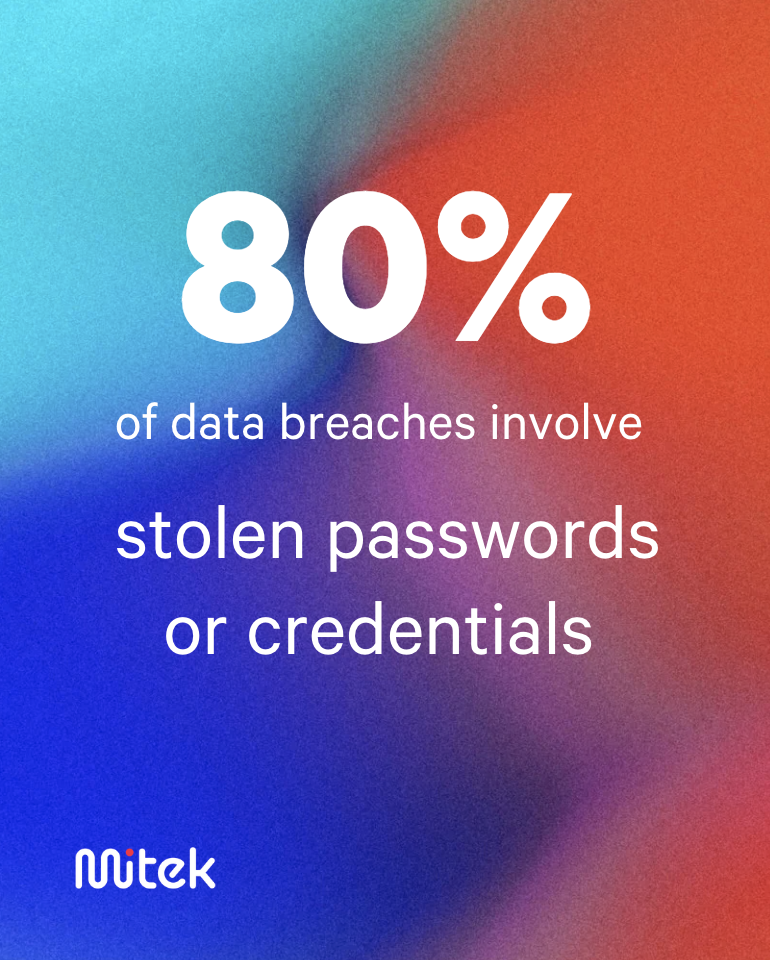
Introduction
In today’s interconnected world, data breaches pose a significant threat to personal and organizational security. Recent reports indicate that millions of passwords are compromised each year, leading to unauthorized access to sensitive information. Understanding the implications of data breach passwords is critical for individuals and businesses alike, as these incidents can have severe consequences, including identity theft and financial loss.
The Current Landscape of Data Breaches
According to the 2023 Cybersecurity Report from Cybersecurity Ventures, over 4 billion records were exposed in data breaches worldwide last year, with a substantial portion being passwords. These breaches affect various sectors, including tech, healthcare, and finance, highlighting that no sector is immune to cyber threats.
For instance, the recent data breach at a leading financial institution exposed the passwords of over 2 million customers. The fallout from such incidents includes not only financial losses but also damage to reputations and customer trust.
The Risks of Compromised Passwords
When a password is leaked, it can be used by cybercriminals to gain unauthorized access to accounts, potentially leading to significant ramifications. A study by Verizon found that 81% of hacking-related breaches involved stolen or weak passwords. Once a password is compromised, attackers often leverage it to conduct further attacks, sometimes undertaking identity theft or fraud.
Furthermore, many individuals often employ the same password across multiple sites, magnifying the risk. For example, if a breach occurs at one service, attackers can easily attempt to access other platforms using the same compromised password.
Mitigating the Impact
To protect against the risks posed by data breach passwords, security experts recommend adopting robust password management practices. Using unique, complex passwords for each account significantly reduces vulnerability. Additionally, enabling two-factor authentication (2FA) adds an extra layer of security, making it increasingly difficult for unauthorized users to gain access.
Another advisable measure is to regularly monitor online accounts for suspicious activities and promptly change passwords if a data breach occurs. Keeping abreast of the latest cybersecurity threats can also empower individuals and organizations to act proactively to mitigate risks.
Conclusion
In summary, the issue of data breach passwords is a crucial topic in today’s digital landscape. With the continuous rise in cyber threats, understanding the importance of password security cannot be overstated. By implementing stringent security measures and staying informed about potential breaches, individuals and organizations can better safeguard their sensitive information, ultimately enhancing their overall cybersecurity posture.



